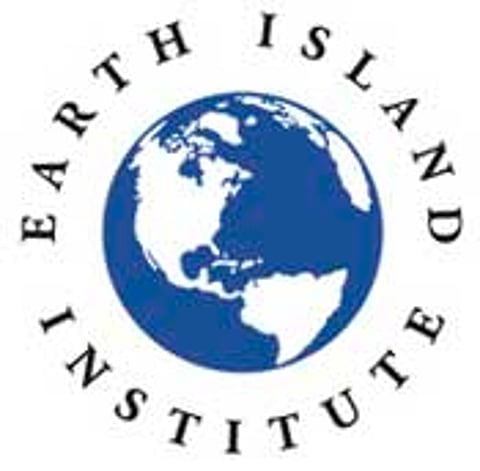

Higher standards to protect dolphins being developed
The Earth Island Institute's (EII) ongoing claims that Pacifical-caught tuna is not 'dolphin safe' are false, and the certification program should not be trusted because it's not reliable, warned the PNA in an alert to consumers released yesterday.
The EII has been alerting companies, processors, and buyers that Pacifical, the marketing company established and owned by the Parties to the Nauru Agreement (PNA), is not part of its 'dolphin safe' program and therefore cannot be traded or considered 'dolphin safe'.
PNA and Pacifical are not EII members, nor did they ever apply or ask to become part of the program. Instead the PNA's free-school skipjack fishery has recently been certified as sustainable by the Marine Stewardship Council (MSC), the science-based eco-label that is considered to be the highest global standard on wild seafood. An independent assessment body determines if the MSC standards are met.
The PNA, made up of eight Pacific Island countries, supplies half of the world's skipjack tuna – the most popular tuna for canned products – and is therefore home to the world's largest sustainable tuna purse seine fishery.
"We do not believe programs, like Earth Island Institute's program, that allow captains to certify themselves are relevant or reliable today," says Maurice Brownjohn, PNA's commercial manager.
The EII's 'dolphin safe' program, which has certified more than 450 tuna companies (over 95% of the world's canned tuna market), only conducts inspections 'at tuna landing sites, inside tuna storage and processing facilities, and when possible onboard fishing and carrier vessels,' according to their 2011 tuna monitoring program annual report. In 2011, the report says the EII team of 10 international monitors carried out 493 of such inspections globally, without providing any further details.
From sources within the tuna fishing industry, it has become clear that EII observers have not inspected any tuna purse seiners in the Pacific Ocean while at sea. In a recent meeting with the PNA in Guam, EII confirmed they have no observers active on any vessels within PNA waters, neither did they in the past.
The PNA, in comparison, says it ensures tuna fishing is occurring with 100% observer coverage. This means independent observers are on board all PNA-licensed vessels a sea to monitor compliance and to register any by-catch, including sharks and dolphins.
As active leaders in ecosystem conservation and management, the PNA says the next logical step is to develop their own sustainable, 'dolphin safe' label.
"In light of our findings of the invalidity of the other [EII] program being pushed in our fishery, we are actually working on the development of our own PNA sustainability 'dolphin safe' label which will be a symbol for our sustainable management of the whole ecosystem," says Brownjohn. He adds it will be available "without charge or trade limitations" to all tuna caught within PNA waters.
Tuna and dolphins do not swim together in the Western and Central Pacific Oceans, but in the unlikely event that dolphins are incidentally caught, the PNA says its fishermen will take measures to release them alive. The PNA has already adopted this standard practice in dealing with other endangered by-catch such as whale sharks and turtles.
Greenpeace campaigner Sari Tolvanen says: "The overarching standards imposed by MSC on the [PNA] products are more far-reaching than EII certification which has a focus on the cetacean issue alone. If consumers demand a dolphin logo on these products on top of the MSC certification, the PNA 'dolphin safe' provides this assurance."
